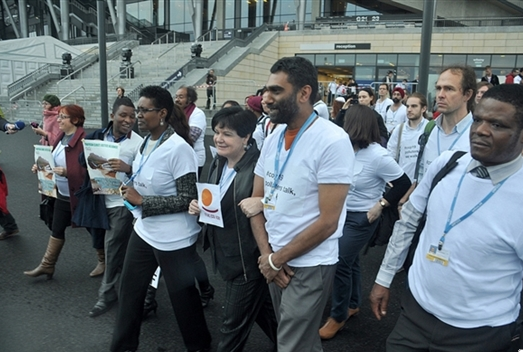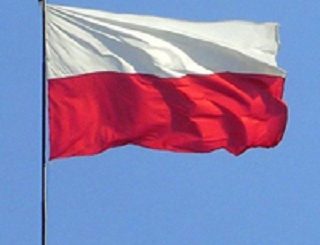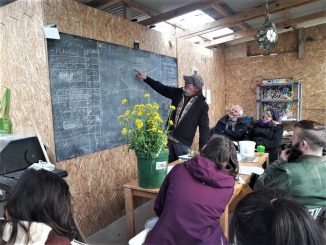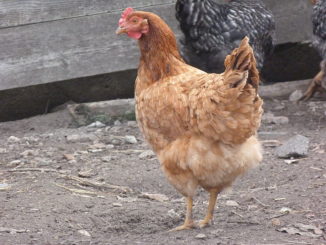
The climate conference in Warsaw clearly showed that governments cannot agree on how to resolve the climate change crisis, because of basic conflicts of interests: sustaining the natural environment versus rivality of nation-states based on private business interest.
During the second week of the conference tensions became so vivid that Poland decided to remove the host of the conference, Mr. Marcin Korolec, from his post as environment minister. Even Japan—the country of origin of the Kyoto Protocol—revealed during COP 19 that it is not willing to meet its 2020 emission reduction deadline. As a result, a variety of environmental organisations, including Greenpeace International, the World Wildlife Fund, Oxfam International, ActionAid International and Friends of the Earth Europe, walked out of the conference, accusing the participating governments of not working towards solving the climate crisis, and “giving in, to the interests of the dirty energy lobby”.
Climate change is a threat to worldwide agricultural production. Smallholder farmers in many developing countries are one of the most vulnerable groups because the ecosystems they depend upon to grow food are at direct risk and many of them lack the adaptive capacities to cope with more extreme weather conditions. That’s why smallholder farmers were most in need of an ambitious deal during COP 19 on mitigating and adapting to climate change in Warsaw. Such a deal would have potentially helped stabilise average temperature increases at no more than 2° C above pre-industrial levels and provided developing countries with additional finance for climate-change adaptation and mitigation. COP 19 was percived by farmers in many countries as a real possibility for both developed and developing countries to answer the fundamental question: “How to make the land-use sector the core player in addressing climate change mitigation and adaptation?”.
See also:
Democracy Now: Poor Countries Walk Out of Climate Talks
Via Campensina: Stop the corporate takeover and expansion of carbon markets now!





